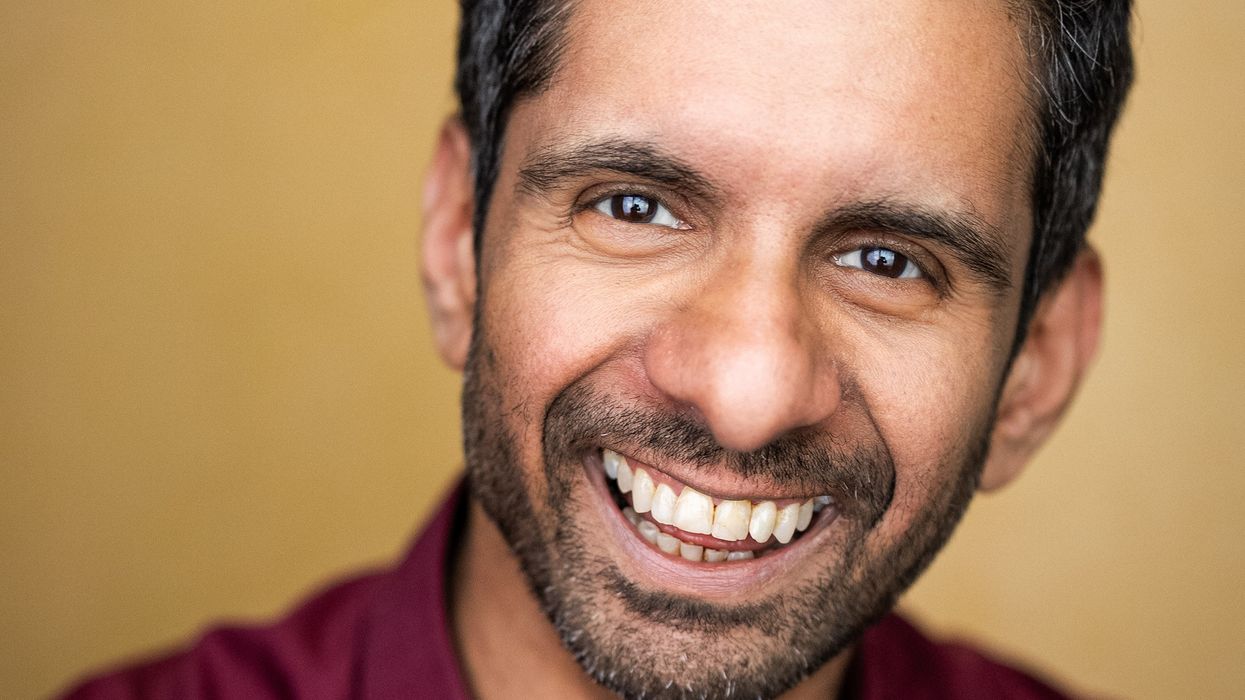The Neonatal Unit at Hillingdon Hospital, West London, is a Level 2 unit, also known as a Local Neonatal Unit (LNU) or High Dependency Unit (HDU). It provides expert care for premature and seriously ill babies born from 27 weeks’ gestation onwards. While the clinical care delivered by the medical and nursing teams is widely praised, the physical environment in which parents spend weeks or even months with their babies is outdated, cramped, and in urgent need of improvement.
The unit currently has 18 cots and two rooming-in rooms for parents to stay overnight with their babies. It also includes a six-bed Transitional Care Unit on the postnatal ward. However, infrastructure issues are clear from the outset: families arriving from modern, centrally funded Level 3 neonatal units in central London – such as Chelsea and Westminster or University College Hospital – are met by a dim, cluttered corridor that has not been redecorated in 25 years. Equipment lines the walls, lighting is poor, and the flooring is patched with hazard tape.
Inside, privacy is limited. Parents caring for their newborns or expressing milk are forced to rely on old, portable screens with gaps that offer little dignity. Shared spaces, such as the parent lounge and nursery, are cramped and unwelcoming. One mother described the expressing room as “a cell”, while another recalled sleeping on a chair due to the lack of usable rest facilities. The rooming-in bedrooms resemble “prison cells” with only a camp bed and a chair – hardly suitable for families preparing to bring their baby home.
Despite these conditions, staff commitment remains exceptional. Parents consistently report feeling supported by nurses, doctors and health visitors who go above and beyond in stressful circumstances. But the environment often deepens the emotional trauma of neonatal care, leaving parents feeling isolated and overwhelmed during an already difficult time.
After consulting families, Hillingdon’s Neonatal Unit team has developed a refurbishment plan addressing key concerns: storage to clear corridors, better lighting, new flooring, private spaces for expressing and skin-to-skin contact, and an upgraded parent lounge with facilities for meals and rest. Modernised bedrooms with double sofa beds would allow both parents to stay overnight comfortably, supporting the bonding and transition home.
The estimated cost of this full refurbishment is £190,000. So far, the team has raised £60,000 through charitable donations. They are seeking additional support to move forward. Donations can be made via their JustGiving page, by bank transfer, or by cheque to the Hillingdon Hospitals Charity.
“This unit is a lifeline for families, but the environment doesn’t match the quality of clinical care,” said Lead Nurse Nilakshi Joshi. “We want to create a space that lifts spirits, promotes healing, and helps families through one of the most challenging times in their lives.”
To get involved, volunteer or support the fundraising effort, contact Shirley Clipp at shirley.clipp@nhs.net.





